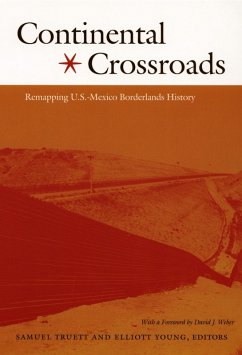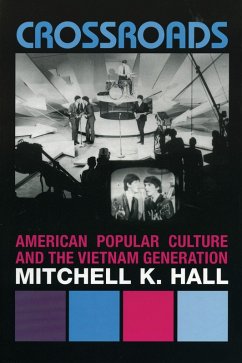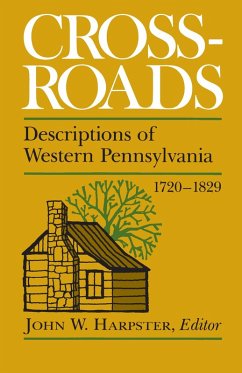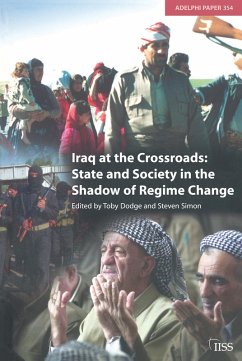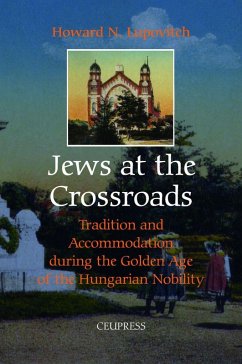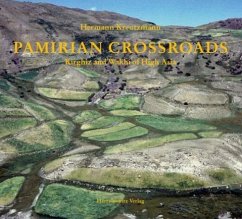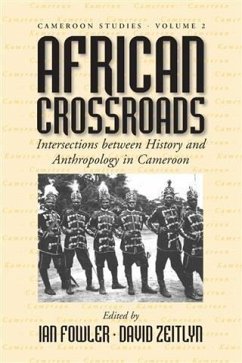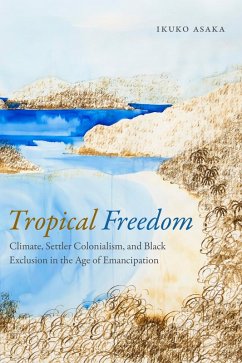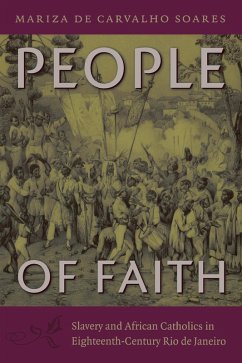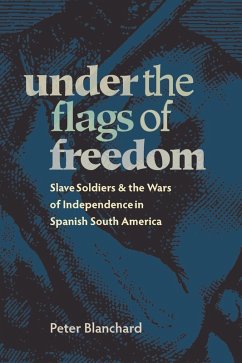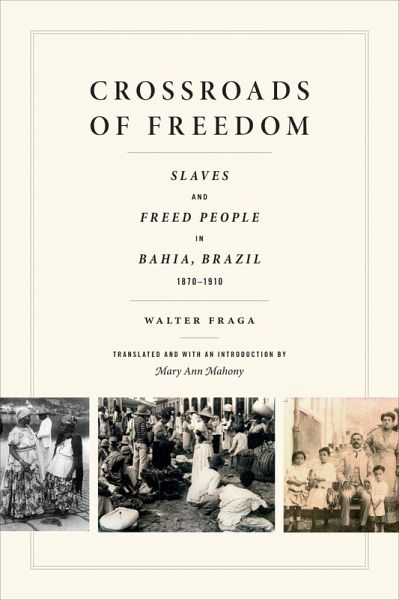
Crossroads of Freedom (eBook, PDF)
Slaves and Freed People in Bahia, Brazil, 1870-1910
Versandkostenfrei!
Sofort per Download lieferbar
144,95 €
inkl. MwSt.
Weitere Ausgaben:

PAYBACK Punkte
72 °P sammeln!
By 1870 the sugar plantations of the Reconcavo region in Bahia, Brazil, held at least seventy thousand slaves, making it one of the largest and most enduring slave societies in the Americas. In this new translation of Crossroads of Freedom-which won the 2011 Clarence H. Haring Prize for the Most Outstanding Book on Latin American History-Walter Fraga charts these slaves' daily lives and recounts their struggle to make a future for themselves following slavery's abolition in 1888. Through painstaking archival research, he illuminates the hopes, difficulties, opportunities, and setbacks of ex-sl...
By 1870 the sugar plantations of the Reconcavo region in Bahia, Brazil, held at least seventy thousand slaves, making it one of the largest and most enduring slave societies in the Americas. In this new translation of Crossroads of Freedom-which won the 2011 Clarence H. Haring Prize for the Most Outstanding Book on Latin American History-Walter Fraga charts these slaves' daily lives and recounts their struggle to make a future for themselves following slavery's abolition in 1888. Through painstaking archival research, he illuminates the hopes, difficulties, opportunities, and setbacks of ex-slaves and plantation owners alike as they adjusted to their postabolition environment. Breaking new ground in Brazilian historiography, Fraga does not see an abrupt shift with slavery's abolition; rather, he describes a period of continuous change in which the strategies, customs, and identities that slaves built under slavery allowed them to navigate their newfound freedom. Fraga's analysis of how Reconcavo's residents came to define freedom and slavery more accurately describes this seminal period in Brazilian history, while clarifying how slavery and freedom are understood in the present.
Dieser Download kann aus rechtlichen Gründen nur mit Rechnungsadresse in A, B, BG, CY, CZ, D, DK, EW, E, FIN, F, GR, HR, H, IRL, I, LT, L, LR, M, NL, PL, P, R, S, SLO, SK ausgeliefert werden.




